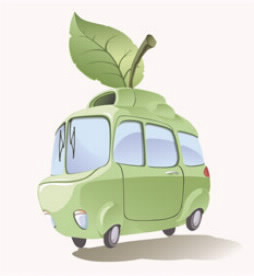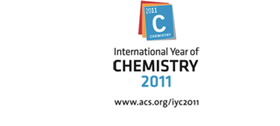FOR IMMEDIATE RELEASE | June 15, 2011
New American Chemical Society podcast: “Green” cars made from fruit
WASHINGTON, June 14, 2011 — The latest episode in the American Chemical Society’s (ACS) award-winning podcast series, “Global Challenges/Chemistry Solutions,” focuses on advances toward using material obtained from fruit to make plastic components for cars and other motor vehicles.
The program explains how nano-cellulose material from bananas, pineapple, and other fruit can be used to make strong, light-weight, and more sustainable motor vehicle parts. It is based on a presentation earlier in 2011 at the ACS 241st National Meeting & Exposition in Anaheim, Calif.
Media Contact
Michael Bernstein
202-872-6042
m_bernstein@acs.org
Michael Woods
202-872-6293
m_woods@acs.org
“The properties of these plastics are incredible,” says study lead author Alcides Leão, Ph.D., São Paulo State University College of Agricultural Sciences, São Paulo, Brazil. “They are light, but very strong — 30 per cent lighter and 3-to-4 times stronger than the materials used today. We believe that a lot of car parts, including dashboards, bumpers, side panels, will be made of nano-sized fruit fibers in the future. For one thing, they will help reduce the weight of cars and that will improve fuel economy. They also will help us make more sturdy vehicles.”
Besides improving gas mileage, nano-cellulose reinforced plastics have mechanical advantages over conventional automotive plastics. These new plastics, for instance, are more resistant to damage from heat and spilled gasoline. The new podcast is available without charge at iTunes and from ACS’ website at www.acs.org/globalchallenges.
Global Challenges/Chemistry Solutions is a series of podcasts describing some of the 21st Century’s most daunting problems, and how cutting-edge research in chemistry matters in the quest for solutions. Global Challenges is the centerpiece in an alliance on sustainability between ACS and the Royal Society of Chemistry. Global Challenges is a sweeping panorama of global challenges that includes dilemmas such as providing a hungry, thirsty world with ample supplies of safe food and clean water; developing alternatives to petroleum to fuel society; preserving the environment and assuring a sustainable future for our children; and improving human health.
###

of nano-sized fibers produced from pineapples,
bananas, and other fruits.


